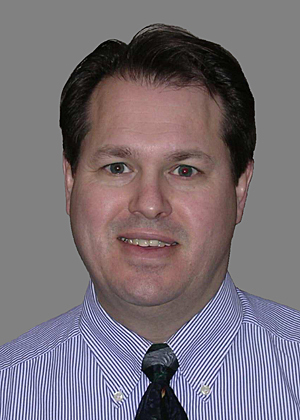Andrew Galli has been named chairman of the board of directors at Adopt a Doctor. Most recently, Galli worked as the executive director of the Maryland Consumer Rights Coalition and previously served as an administrator for the Rhode Island secretary of state.
PBN: What does Adopt a Doctor do?
GALLI: Adopt a Doctor is a five-year-old international nonprofit that supports 15 medical doctors in four African nations. The areas where our medical doctors work are amongst the poorest nations anyplace on earth. Our goal is to eliminate the “brain drain,” where highly skilled medical doctors are leaving for more lucrative careers in other parts of the world. Adopt a Doctor has selected Mali, Liberia, Malawi and Sierra Leone for this program and has been instrumental in maintaining appropriate staffing levels at AIDS clinics within these countries.
Adopt a Doctor supplements the salaries of medical doctors in the four target countries in order for them to remain active medical doctors in their native countries. It is a simple, direct program that has seen dramatic results. The payments are made directly to the doctor without the interference of governmental agencies or middle men. Adopt a Doctor take’s serious pride that every dollar goes directly to our medical doctors.
PBN: Why has Adopt a Doctor chosen Providence as its headquarters?
GALLI: Cofounded by Ray Rickman, a long-time Providence civic leader, and Rajiv Kumar, chairman of Shape Up RI and third-year Brown University Medical School student, Providence was a natural fit for the organization. The local support for our international effort has been nothing short of remarkable. We have [also] had the opportunity to work with several bright Brown University students who have helped raise money for Adopt a Doctor.
PBN: What are some of the most critical issues facing medical staffs who want to work in underserved areas?
GALLI: The medical doctors we support are working, and being paid by governments with minimal resources. The doctors receive meager salaries and often are not paid at all during civil wars or armed conflicts. Doctors in these countries have to treat patients with a variety of medical diseases, as well as [give] medical assistance to soldiers who might be fighting in various conflicts in the region. The low pay, long hours and lack of medical equipment and supplies make it very difficult to practice medicine in these countries, driving most qualified medical doctors out of their countries in a very short amount of time. •













